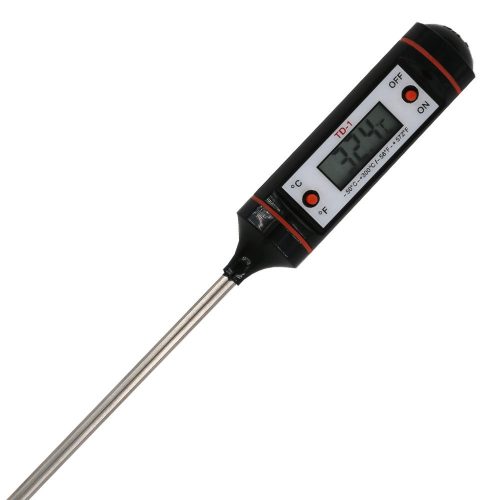Hygrometers have several practical uses in daily life, contributing to comfort, health, and the preservation of various items. Here are some everyday applications where hygrometers play a crucial role:
- Indoor Comfort: Hygrometers are used in homes and offices to monitor indoor humidity levels. Maintaining an optimal humidity range (around 30-50%) ensures comfort by preventing overly dry or excessively humid conditions, reducing the risk of respiratory issues, dry skin, and eye irritation.
- HVAC Management: Hygrometers are integrated into heating, ventilation, and air conditioning (HVAC) systems to regulate indoor humidity levels. They help HVAC systems function more efficiently by ensuring that the air remains within the desired comfort range while minimizing energy consumption.
- Preventing Mold and Mildew: High humidity levels can lead to mold and mildew growth in homes, especially in bathrooms, basements, and other damp areas. Hygrometers assist in monitoring and maintaining humidity levels to prevent mold and protect indoor air quality.
- Protecting Wooden Furniture and Instruments: Fluctuations in humidity levels can damage wooden furniture, musical instruments (like guitars and pianos), and other wood-based items by causing warping, cracking, or shrinking. Hygrometers help in controlling indoor humidity to safeguard these items from moisture-related damage.
- Food Storage: Hygrometers are useful in food storage areas such as pantries, refrigerators, and wine cellars. They assist in maintaining optimal humidity levels to preserve food quality, prevent spoilage, and discourage the growth of mold or bacteria.
- Healthcare Settings: In healthcare facilities, hygrometers are utilized to monitor and control humidity levels in operating rooms, laboratories, and storage areas for medications and medical equipment. Maintaining appropriate humidity levels is crucial for patient comfort and the integrity of medical supplies.
- Art and Artifact Preservation: Museums, galleries, and libraries use hygrometers to create controlled environments that preserve delicate artworks, historical documents, and artifacts. Maintaining specific humidity levels helps prevent deterioration and damage caused by excessive or fluctuating moisture.
- Indoor Plant Care: For indoor gardening or houseplants, hygrometers are handy tools to ensure that humidity levels are suitable for plant growth. Some plants require specific humidity conditions for optimal health, and hygrometers help in creating the right environment.
- DIY Home Projects: Hygrometers are useful for DIY enthusiasts or homeowners involved in projects such as installing hardwood floors or painting. Monitoring humidity levels in these situations can prevent issues like improper curing of materials due to excessive moisture.
In everyday life, hygrometers are valuable tools for maintaining a healthy and comfortable indoor environment, preserving belongings, and ensuring the longevity of various items susceptible to moisture-related damage. They provide essential information that helps individuals take proactive measures to manage humidity levels effectively.


